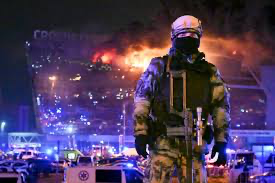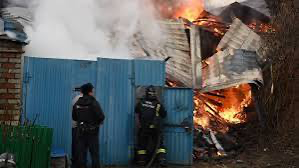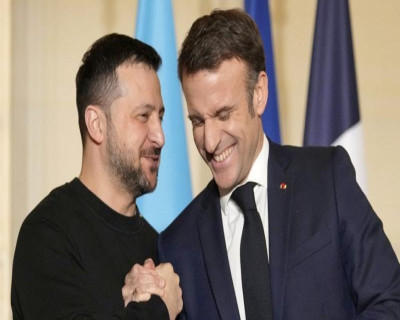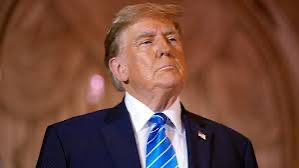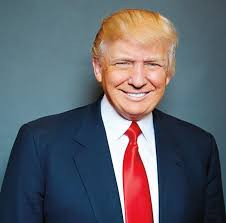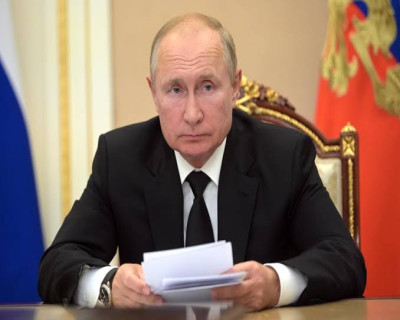NBC News
A more assertive China poses a “systemic challenge” to the global order, U.K. Prime Minister Rishi Sunak told NBC News on Sunday as Britain, the U.S. and Australia planned to unveil the latest steps in a defense partnership to counter Beijing’s growing military might.
“The behavior that we’ve seen in China over recent times is concerning,” Sunak told NBC News’ Lester Holt at the USS Midway Museum shortly after he arrived in San Diego for the three-way summit. China is “acting in a more authoritarian fashion at home” and is “more assertive overseas,” he said.Qqq
“China represents the biggest state threat to our economic interests, for sure. And it’s a systemic challenge for the world order,” Sunak said.
President Joe Biden is hosting Sunak and Australian Prime Minister Anthony Albanese in San Diego to endorse newly agreed-upon initiatives for the AUKUS defense pact, 18 months after the partnership was announced. The ambitious defense partnership aims to deliver nuclear-powered submarines to Canberra as part of a bid to counter China’s military buildup in Asia.
China has countered by calling the AUKUS submarine deal “a blatant act of nuclear proliferation” that undermines regional peace and stability.
Sunak, a multimillionaire former banker and former finance minister, also weighed in on the collapse of Silicon Valley Bank after federal regulators stepped in to back the lender’s deposits, saying it was important to a large number of British technology companies.
“I’ve been working through the weekend with our finance minister, the chancellor and our Bank of England, our regulators, to find an appropriate solution. We’ll be making an announcement about that very shortly,” he said.
Sunak, 42, took office on Oct. 25 after a period of political turbulence, becoming the U.K.’s third leader in seven weeks following the collapse of Boris Johnson’s scandal-plagued government and the light-speed implosion of Liz Truss.
He cited a summit with French President Emmanuel Macron in France last week and the trilateral meeting set for Monday in San Diego as examples of Britain playing a vital role on the world stage.
“Britain is back,” he added.
Allies respond with caution and anger to new Pacific security pact
Pending approval from Congress, Australia is expected to acquire up to five U.S. Virginia-class nuclear-powered submarines in the 2030s under the AUKUS deal, while Britain and the U.S. plan to help Australia eventually manufacture its own nuclear-powered fleet.
Although he cited concerns over its actions, Sunak said there was still a place for engagement with China, including on climate issues and the stability of the global economy.
Asked how Britain would respond if China were to try to seize Taiwan through military force, Sunak declined to answer directly.
Taiwan, a self-governing island that Beijing claims as its territory, is under growing pressure from China, which has not ruled out using force in seizing control of the island. Taiwan’s most important international backer is the U.S., which is bound by law to provide it with defensive weapons but has long been vague as to whether it would intervene militarily if Chinese attacked.
Sunak said the international response to Russia’s invasion of Ukraine served to deter any country from launching an unprovoked attack.
“I think the best thing we can do to deter hostile action by any state anywhere is doing what we’re doing right now in Ukraine. And that’s where we’ve seen an illegal, unprovoked invasion of Ukraine by Russia. And the right thing to have done in that circumstance is to provide Ukraine with all the support that it needs to defend itself,” he said.
About Western military aid for Ukraine, he said: “I think it’s important right now that we accelerate and intensify our support to Ukraine.”
He said London’s commitment to the AUKUS defense pact was part of an overall increase in defense spending by Britain, which he said would remain a leading military power. The British government announced plans Sunday to ramp up its defense spending by nearly $6 billion over the next two years.
China has strived to portray itself as neutral in the Ukraine conflict, calling for a negotiated solution while refraining from condemning Russia’s aggression or even calling it an invasion. The West quickly dismissed a 12-point peace proposal Beijing released last month as too favorable to Russia.
The U.S., citing intelligence reporting, has said China is considering arming Russia but has not made a decision. Asked about that possibility, Sunak said, “That would be a very worrying and dangerous development.”
“I think the strong message that the U.K., the U.S. and all countries have said to China, to any country, is not to support Russia in this conflict,” he said.
Sunak added that Iran had been sanctioned for providing military assistance to Russia.
Asked whether he supported imposing sanctions on China if it sent weapons to Russia, Sunak said: “I think with sanctions, it’s always something that is best done coordinated with allies.”
Intelligence officials discuss threats from China and Russia at Senate hearing
Australia has a fleet of six conventionally powered submarines, but nuclear-powered subs can remain underwater for much longer and are harder to detect than conventionally powered vessels.
Australia also agreed to U.S. submarine port visits in coming years, extending America’s naval reach, Biden administration and British officials said.
The U.S.-made submarines for Canberra would cover a possible gap, as Australia’s current fleet of subs will have to be retired in the 2030s.
The new plans, the first concrete steps to flesh out the trilateral defense partnership that was announced a year and a half ago, are meant to signal that the three governments are moving forward on the ambitious project, experts said.
|


